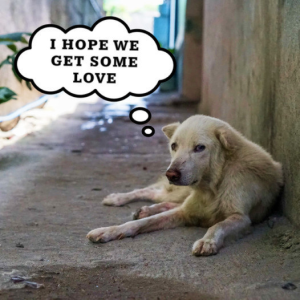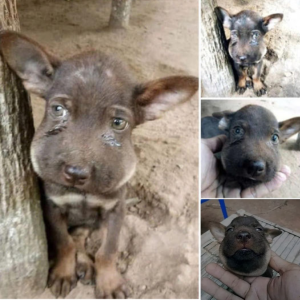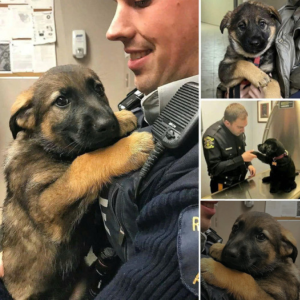Mangoworms, also known as mango flies or cordylobia larvae, pose a serious health issue for dogs, particularly in regions with tropical and humid climates. These parasitic larvae inflict a range of problems on pets, from itching and inflammation to severe infections and even potential fatalities if not promptly and effectively addressed.
Mangoworms – The Menace

Mangoworms are the larvae of the Cordylobia anthropophaga fly species, commonly nesting in the skin of animals, causing discomfort and pain. They typically invade a dog’s skin through wounds or soft, susceptible areas. Once under the skin, they grow and cause lesions, inflammation, and itching, creating conditions for bacterial infections to thrive.
Symptoms and Dangers

Symptoms of mangoworm infestation in dogs may include:
- Itching and Lesions: Dogs may drool excessively and attempt to lick or scratch the affected area.
- Redness and Inflammation: The skin surrounding the infested area may swell, redden, and become inflamed due to the body’s reaction to the parasite’s intrusion.
- General Discomfort: Dogs may exhibit signs of discomfort, restlessness, and decreased appetite, even refusing food and reducing activity levels.
If left untreated, mangoworms can lead to severe health issues such as intense inflammation, blood infections, and even death.
Dealing with Mangoworms
Addressing mangoworms in dogs requires prompt and professional veterinary intervention. Here are crucial steps to take:

- Medical Treatment: Mangoworm removal needs to be performed by a qualified veterinarian. They may utilize methods such as surgical extraction or the application of parasiticidal medications to eradicate and remove the larvae.
- Infected Area Cleansing: Following larval removal, the infected skin area should be thoroughly cleansed and treated with antibacterial agents to prevent the development of infections.
- Post-Surgery Care: Dogs need to be kept clean and comfortable post-surgery, and they should also be provided with pain relief and antibiotics as prescribed by the veterinarian.
Prevention

To prevent mangoworm infestation in dogs, maintaining hygiene and health is crucial. Here are some preventive measures:
- Regular Skin Checks: Regularly inspecting a dog’s skin helps detect early signs of mangoworm infestation and other health issues.
- Use of Insect Repellents: Using insect repellents and skin protectants helps prevent the invasion of larvae and other parasites.
Conclusion
Mangoworms pose an urgent threat to a dog’s health, capable of causing severe health issues if not promptly and effectively addressed. Maintaining hygiene and conducting regular checks are the best ways to prevent this infestation and safeguard your pet’s health. If you suspect your dog has been infested with mangoworms, contact a veterinarian immediately for consultation and treatment.
Video:





